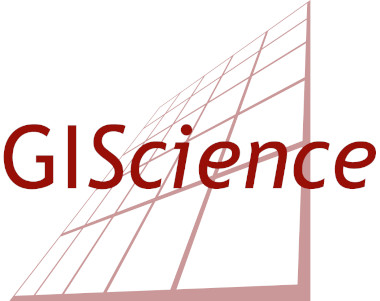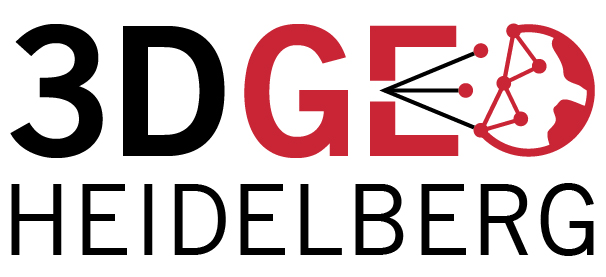Dear Colleagues,
Earth observation devices and geoinformation technologies, including remote sensing data, platforms, algorithms, geographic information science (GISc), and spatial analysis techniques have played a major role in monitoring the dynamics of our environment and landscape. Additionally, emerging active and passive sensing approaches, such as crowdsourcing, Volunteered Geographic Information (VGI), citizen science (CS), participatory sensing, humans-as-sensors, etc. allowed us to leverage the prior way of monitoring and sensing our landscapes. Both approaches provide a great deal of data and methodologies to scientists, practitioners, and planners, thus enabling a more efficient planning and design of the environment. This results in better environmental management and sustainable development and must be considered for better decision making.
In addition to the unprecedented growth of the world population, human activity has become more diversified than ever. Moreover, humans have been consuming more than ever. Thus, spatial and temporal monitoring efforts should be carried forth, so as to achieve a better understanding of our environment and its people, and to allow for a coherent approach to sustainable development. Multidisciplinary approaches can benefit from becoming leveraged with geoinformation technologies; these approaches should be undertaken for a better and deeper understanding of human environment interactions.
Aims: This Special Issue aims to provide an innovative and pioneering contribution to the traditional approaches in regards to these issues. Furthermore, it focuses on the emerging opportunities and challenges of geoinformation, as innovative spatial analysis techniques and land policy and management issues progress via technological and computational advances.
Guest Editors: (Dr. Jamal Jokar Arsanjani GIScience Heidelberg University, Dr. Eric Vaz)
Special Issue Topics:
- Geotechnologies and Geographic Information Science (GISc)
- Remote Sensing and human-assisted sensing
- Collaborative mapping and Participatory sensing
- Geocomputation, Spatial analysis and geosimulation
- Predictive modeling techniques
- Spatiotemporal monitoring/modelling of environment
- Spatial decision Support Systems (SDSS)
- Natural hazards monitoring and management
- Sustainable urban Development and landscape planning
- Citizens observatories and Citizen Science
- Land development policy
- Land use and land cover change, urbanization
- Computer-human-environment interactions
- Public and environmental health
- Crowdsourcing and Volunteered Geographic Information (VGI)
- Socioeconomic development
- Climate change and Regional planning


